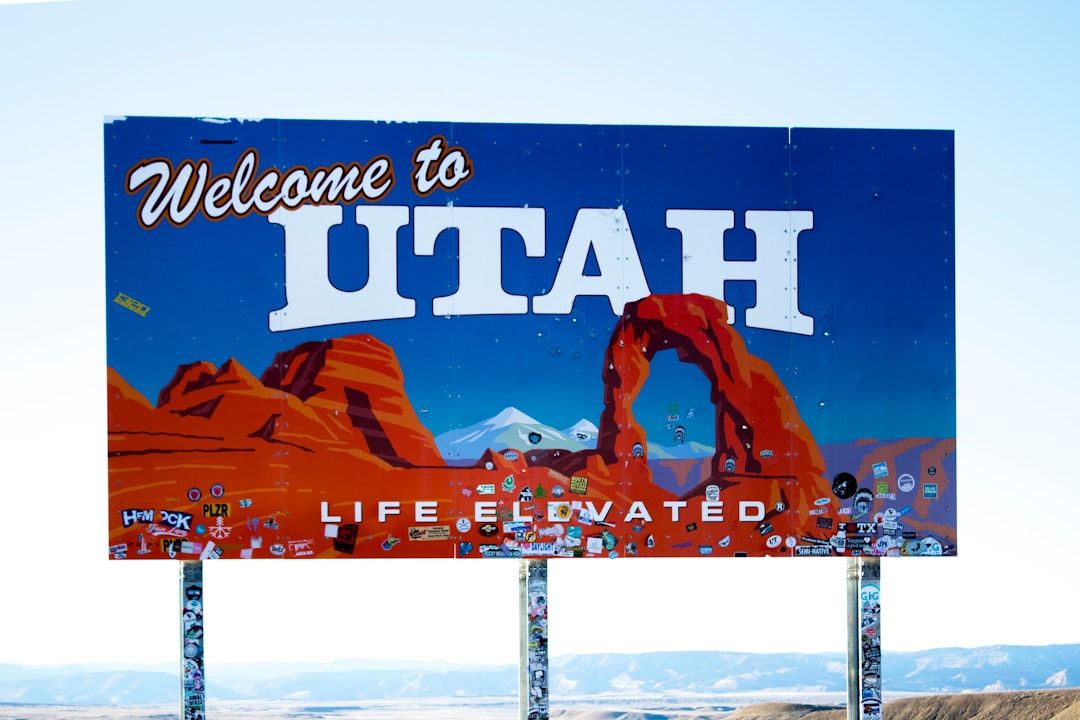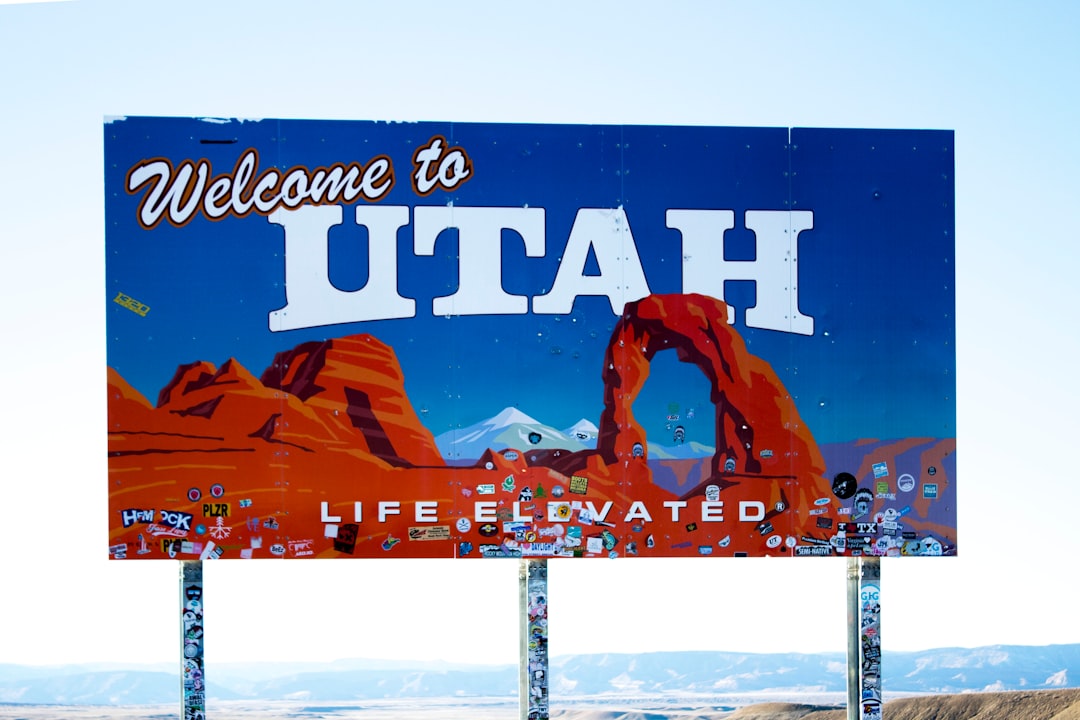In today's interconnected world, telephone marketing campaigns must be culturally sensitive when reaching clients in diverse regions, especially in Utah. Strict privacy laws and a strong legal culture shape consumer attitudes towards autodialed calls from law firms or attorneys. Age differences also impact receptivity, necessitating tailored strategies to comply with local regulations and norms. Regional variations in consumer perceptions require unique approaches, with urban centers potentially showing higher engagement rates while rural areas prefer personalized interactions. Utah's local laws and cultural norms profoundly influence telemarketing practices, highlighting the need for cross-cultural marketing strategies that balance effectiveness and respect for personal space and privacy. Best practices include thorough market research, culturally competent staff, transparency, personalization via technology respecting opt-in/opt-out choices, and compliance with data privacy regulations.
“In today’s globalized market, understanding cultural nuances is paramount, especially when employing telephone marketing strategies. This article delves into the intricate relationship between cultural diversity and consumer attitudes towards autodialer campaigns worldwide. We explore how demographic factors and regional geography significantly shape perceptions, using Utah as a case study to highlight local laws and cultural influences on telemarketing practices. Furthermore, ethical considerations and best practices for cross-cultural marketing are discussed, emphasizing the importance of sensitivity and compliance with region-specific regulations, such as those an autodialer lawyer or attorney in Utah might navigate.”
Understanding Cultural Diversity in Telephone Marketing: A Global Perspective

In today’s globalized world, telephone marketing campaigns must navigate a diverse landscape when reaching potential clients across different regions and demographics. Understanding cultural nuances is paramount to ensuring effective communication and building trust with consumers. Every region boasts unique cultural diversity, shaped by historical, social, and economic factors, which can significantly influence consumer behavior and preferences. For instance, in Utah, a state known for its robust legal community, the use of autodialers for marketing purposes might be perceived differently than in urban, culturally vibrant hubs.
When planning telephone marketing strategies, especially for law firms specializing in autodialer cases, it’s crucial to consider cultural context. An autodialer lawyer Utah, or any autodialer attorney/law firm in Utah, should tailor their approach to resonate with local customs and values. This global perspective ensures that marketing efforts are not only compliant with regional regulations but also culturally sensitive, increasing the likelihood of consumer engagement and positive responses. By recognizing and respecting cultural differences, these legal professionals can effectively reach out to potential clients, fostering meaningful connections and ultimately enhancing their services’ impact.
Demographic Factors Shaping Attitudes Towards Autodialer Campaigns

Demographic factors play a significant role in shaping attitudes towards autodialer marketing campaigns. In regions where privacy laws are strictly enforced, like Utah, residents tend to have more negative perceptions of autodialed calls from law firms or attorneys due to concerns over data security and non-consensual contact. The presence of a strong legal culture, as in Utah, often leads to heightened awareness about consumer rights, making individuals more critical of marketing tactics that might feel intrusive.
Moreover, age demographics can influence receptivity to autodialer campaigns. Younger generations, who are tech-savvy and accustomed to digital communication, may be less offended by automated calls, whereas older adults, who grew up in an era of traditional marketing methods, could view them as invasive. Within Utah’s diverse population, these varying attitudes highlight the need for tailored strategies when conducting autodialer campaigns, ensuring compliance with local regulations and cultural norms while aiming to connect effectively with each demographic group.
Regional Variations: Exploring the Impact of Geography on Consumer Perception

Regional variations play a significant role in shaping consumer perceptions and attitudes toward telephone marketing campaigns. The impact of geography on how individuals interact with automated dialing systems, such as those used by autodialer lawyers or attorneys in Utah, is an intriguing aspect often overlooked. For instance, cultural norms and local regulations can significantly influence the effectiveness of these campaigns. In some regions, residents may be more receptive to telemarketing calls due to a history of embracing direct communication methods, while other areas might have stricter privacy laws that hinder such practices.
Consider the diverse landscapes across Utah. The urban centers like Salt Lake City might present a different consumer behavior compared to rural communities. Urban dwellers, influenced by a fast-paced lifestyle and extensive media exposure, could be more accustomed to automated calls, potentially leading to higher engagement rates. In contrast, rural residents may have stronger preferences for personalized, face-to-face interactions, making traditional telemarketing approaches less appealing. These regional differences highlight the need for tailored strategies when utilizing autodialer law firms or attorneys in marketing efforts, ensuring that messages resonate with local audiences effectively.
Utah Case Study: How Local Laws and Culture Influence Telemarketing Practices

In the state of Utah, local laws and cultural norms significantly shape telemarketing practices, offering a unique case study for understanding cross-cultural variations in marketing strategies. The state’s strict regulations on autodialer usage reflect a balanced approach, aiming to protect residents from unwanted calls while still allowing businesses to reach potential customers effectively. This regulatory framework is deeply rooted in Utah’s culture of respect for personal space and privacy, which translates into specific legal guidelines for telemarketing.
The presence of numerous autodialer lawyer firms in Utah underscores the importance of navigating these legal intricacies. These attorneys specialize in advising businesses on how to comply with local laws, ensuring their marketing campaigns are successful yet respectful of residents’ rights. As a result, Utah’s approach provides an insightful glimpse into the interplay between cultural values and business practices, particularly in the realm of telemarketing, where adapting strategies to diverse regions is essential for campaign effectiveness and consumer satisfaction.
Ethical Considerations and Best Practices for Cross-Cultural Marketing Strategies

When developing marketing strategies that span different cultural boundaries, it’s paramount to navigate ethical considerations with sensitivity and expertise. Cross-cultural marketing demands a nuanced approach to ensure respect for diverse values, beliefs, and communication preferences. For instance, in regions where direct, assertive communication is appreciated, an autodialer-based campaign might be effective, employing an autodialer lawyer Utah or an autodialer attorney Utah to reach potential clients. However, in cultures that favor indirectness and personal connections, such tactics could be perceived as intrusive.
Best practices include thorough market research to understand local preferences, hiring culturally competent professionals who can adapt messaging accordingly, and ensuring transparency about the purpose and scope of marketing efforts. For autodialer law firms Utah, this might involve training staff on cultural sensitivity and employing technology that allows for personalized interactions, respecting individual choices to opt-in or opt-out of such campaigns. Compliance with data privacy regulations, like those specific to certain regions, is also crucial to maintain trust and avoid legal issues, especially when dealing with sensitive information related to telephone marketing campaigns.






